We were lucky to catch up with Stella Aschenbrenner recently and have shared our conversation below.
Stella, thanks for joining us, excited to have you contributing your stories and insights. We’d love to hear about the things you feel your parents did right and how those things have impacted your career and life.
I am the oldest of six siblings, with four sisters and one brother. From the beginning, my parents knew they wanted a large family and were clear that this would come with significant responsibilities for me. Although I didn’t always appreciate the responsibilities that came my way—like when my mom handed me a screaming, colicky infant at age ten—I now value the experience. Growing up in a big family taught me essential skills in organization and leadership. I learned to line up three little girls to wash, dry, and braid their hair and developed skills in cooking and caring for babies, often managing two in diapers during my adolescence. This experience fostered a unique sense of empathy as I got to know each sibling’s personality and needs.
Sharing was a fundamental lesson, as almost nothing was solely mine. I shared a room with one sister who is ten years younger, and while she jokes that I gave her OCD, I simply modeled organization and the idea that everything has a place. My parents, driven by pride in their Chicano and Catholic heritage, were dedicated to ensuring we were educated and engaged in cultural practices. They also instilled in us the importance of giving back to the community. We often volunteered as a family, organizing food and clothing drives, making winter need bags, and collecting school supplies.
Family dinners were a strict tradition where we shared one positive and one challenging experience from our day. I continue to use this practice when advising parents on connecting with their teenagers. While much of my professional work addresses family issues, I believe my own family experiences provided many positive lessons I use in my practice and in life.
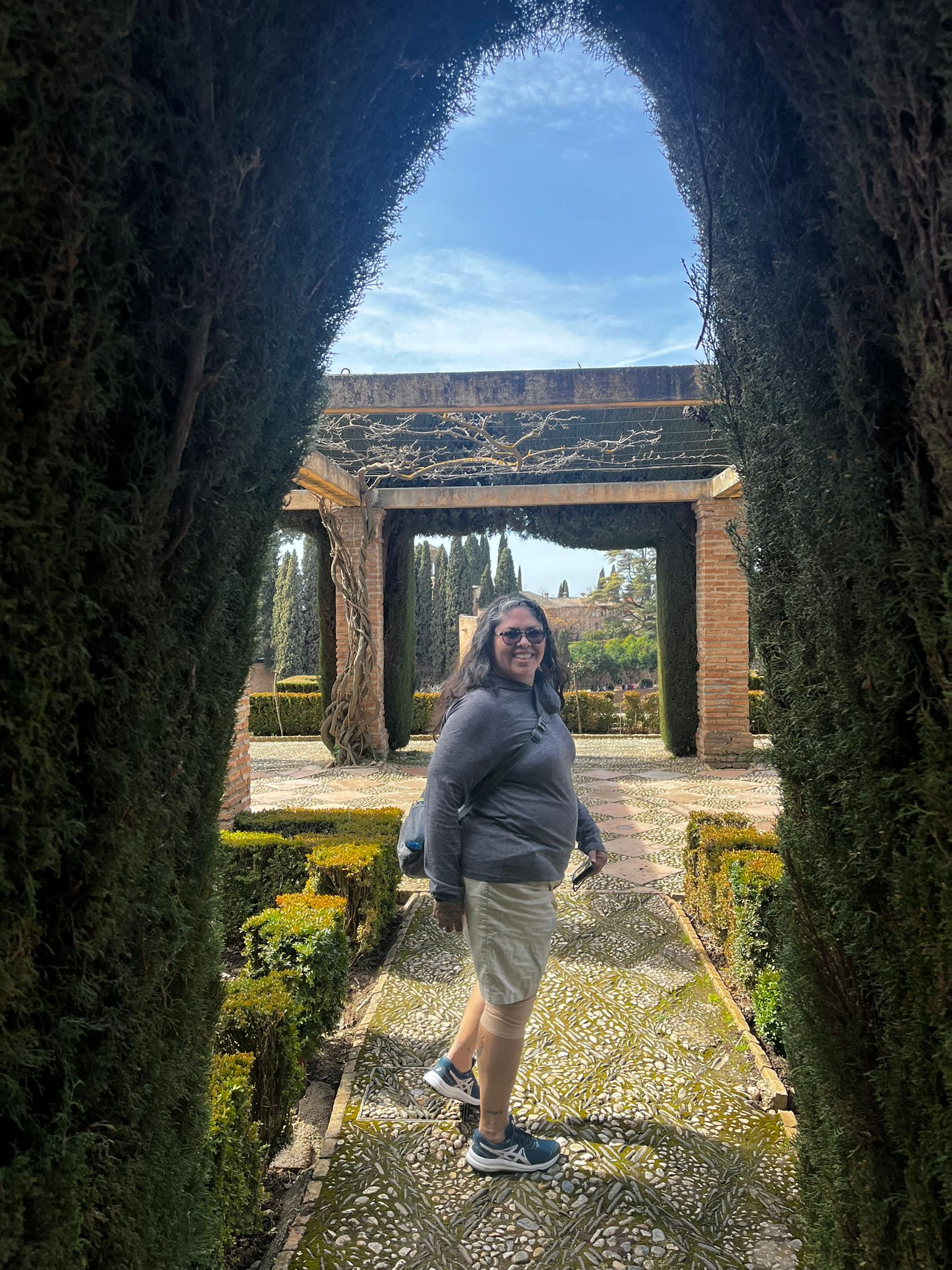
Stella, love having you share your insights with us. Before we ask you more questions, maybe you can take a moment to introduce yourself to our readers who might have missed our earlier conversations?
I have been working in the mental health field since 2012. When I first started studying psychology as an undergraduate, I didn’t think my personality was well suited for clinical work. I tend to be blunt, honest, and sometimes abrasive. During my graduate program, we were asked to consult two close friends to gauge whether we’d be good at this work. One friend was very encouraging. Then I asked my sister, who’s also a close friend, and she immediately said no—which wasn’t helpful. However, I’ve learned that the people who work well with me actually appreciate that level of raw, straightforward energy.
I work with teens, adults, couples, and families, supporting those dealing with grief, anxiety, depression, relationship challenges, and major life transitions. Over the past decade, I have found immense satisfaction in being there for people during their most devastating, challenging, and heartbreaking moments, as well as their most exhilarating, exciting, and healing ones. I’ve helped clients by teaching them practical tools, raising their self-awareness, and helping them establish and maintain healthy boundaries.
Over time, I noticed a common theme among my clients: many were losing themselves in their relationships, struggling to define where they ended and others began. This led me to develop workshops focused on identifying and addressing codependency—particularly, how people stay in unhealthy relationships to seek validation and love.
My work inspired me to go even deeper. After COVID, which was a grueling period for mental health professionals, I decided to take a break from my practice to write a book on codependency called “Best Intentions: The things we do for love, drawing from both personal and professional experiences. I sold my belongings, closed my business, and booked a one-way ticket to Europe. During this time, I also contributed to a podcast that I initially co-hosted with a friend and colleague. While traveling, I took over as the sole host of LX2 Codependency Coaching Podcast and created social media content, building a following across various platforms.
After a much-needed seven-month break, during which I traveled to four different countries, I returned to reestablish my mental health therapy practice. I now also work as a codependency coach, specializing in helping people manage relationships in a healthier way. I remain committed to helping people transform their lives by first building a better relationship with themselves, which in turn fosters deeper connections with others.
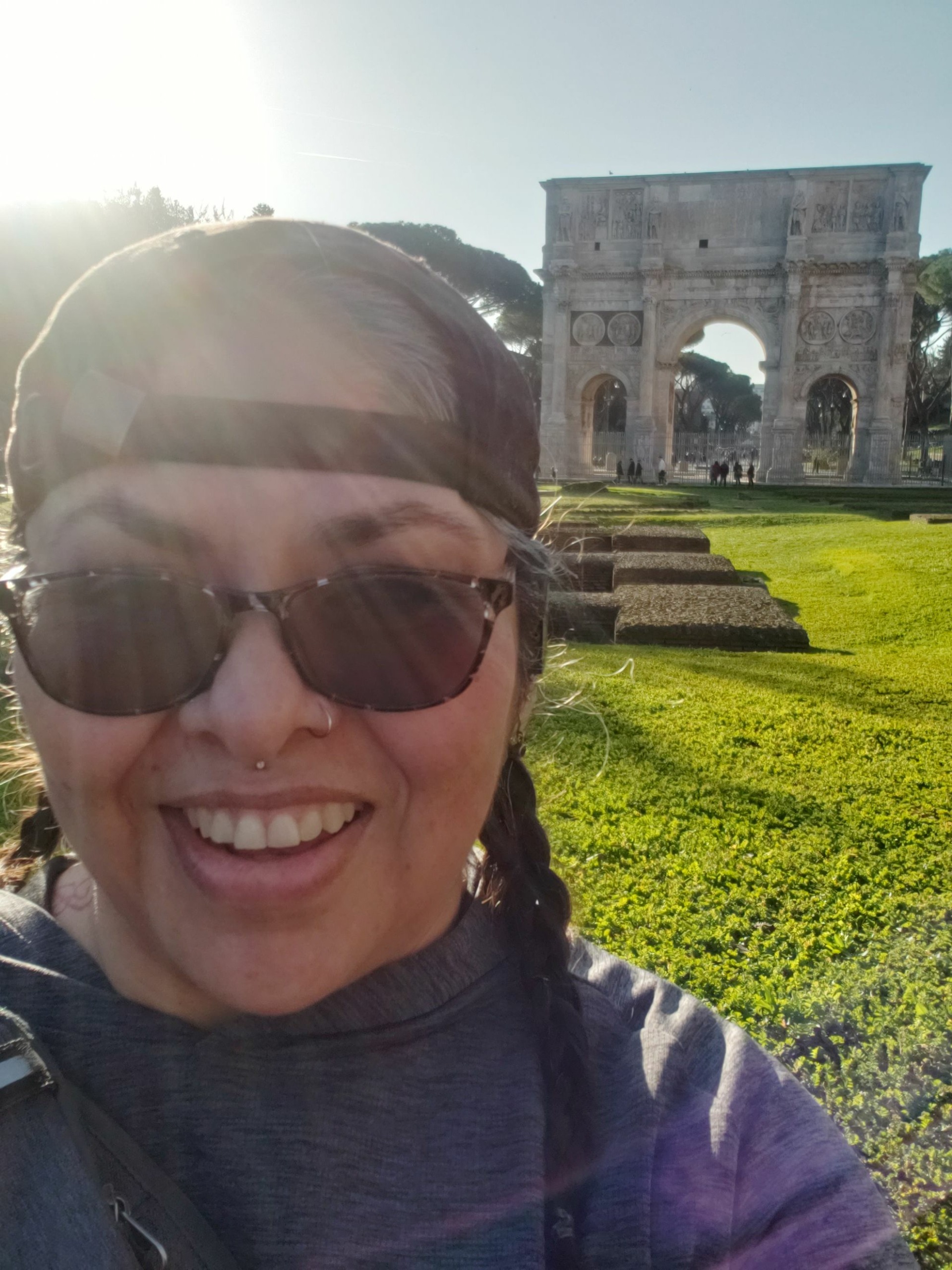
Have you ever had to pivot?
I graduated from my master’s program at the same time my daughter graduated from high school. I had her when I was very young, and she was with me through all the ups and downs of education, work, marriage, and divorce. As she prepared to leave for college, I knew I needed something to focus on that was just for me. Much of her childhood was spent working temp jobs, making the most of various office positions. My last job before starting my own business was at a staffing agency that placed people in industrial and clerical roles. I worked there for four years while attending graduate school, learning a lot about people and running a business from my mentor, MB, who managed the New Mexico division of a larger company.
The transition of my daughter leaving home to starting my own business was challenging, but it was also the distraction I needed. While she was off exploring her independence, I was discovering my own. That experience taught me a great deal about boundaries and detachment. With her being in a different state, I couldn’t always be there when she faced difficulties. What got me through the tougher moments was knowing that I had raised a strong, resourceful, and talented young woman—and I trusted her. She has never let me down.
Over the years, my daughter and I have experienced many evolutions in our relationship, but one thing remains clear: we are capable of overcoming anything, both together and independently.
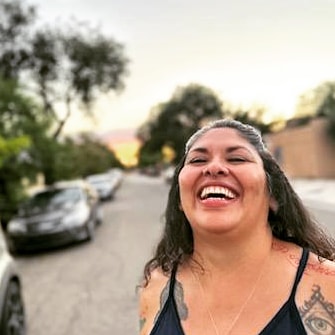
We often hear about learning lessons – but just as important is unlearning lessons. Have you ever had to unlearn a lesson?
Having my daughter at 20 made me struggle with the belief that I had ruined my career prospects. My self-talk was dominated by guilt, especially because my parents had invested so much in my education, sending me to private school from 6th grade onward. I felt like I was letting them down. I carried a deep sense of failure and felt undeserving of good things, especially since I had decided early on—after helping take care of my younger siblings—that I didn’t want to be a parent. But fortunately, the universe had other plans.
It took me years to believe I could create a better life for both of us. I had to unlearn the stigmas and societal expectations placed on young, unwed mothers. I worked hard to build a different path, one that would allow my daughter to make better choices for herself. Being a mom pushed me to parent in ways that were different from how I was raised. I had to unlearn certain patterns to foster more confidence in my daughter. I encouraged her to speak up for herself, even when it meant going against me. I gave her the freedom and space to develop her own style and create her own experiences.
She has given me countless opportunities to grow as a person and has tested me in ways no other human ever could.
Contact Info:
- Website: https://www.luna-x2-llc.com/
- Instagram: https://www.instagram.com/luna_x2_llc/
- Facebook: https://www.facebook.com/Lunax2.llc
- Linkedin: https://www.linkedin.com/in/stella-aschenbrenner-ma-lpcc-ncc-a0763952/
- Other: https://open.spotify.com/show/3c7Q2JhPCZV0vmEl773KMb?si=fa17968d5c804beb
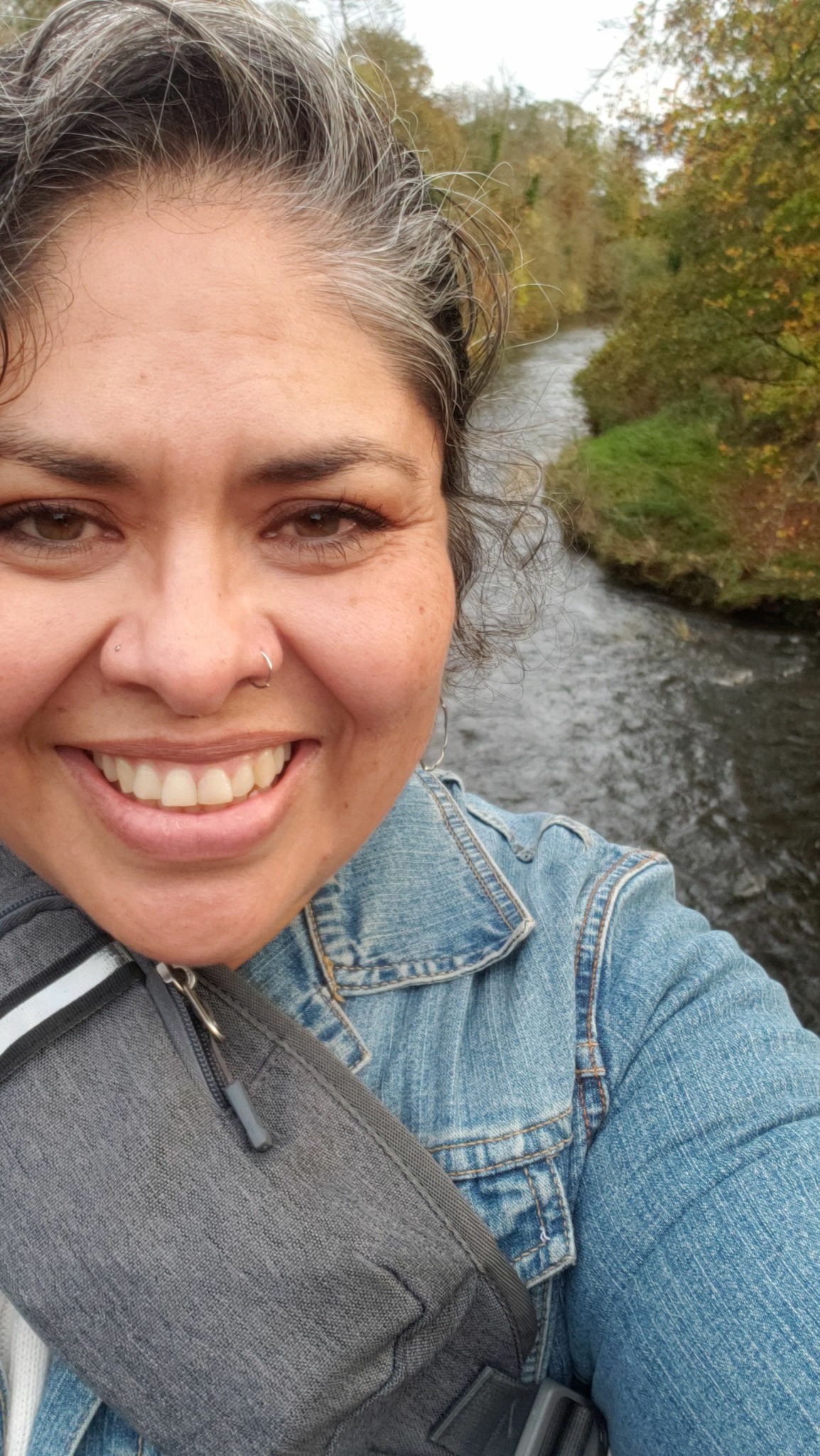
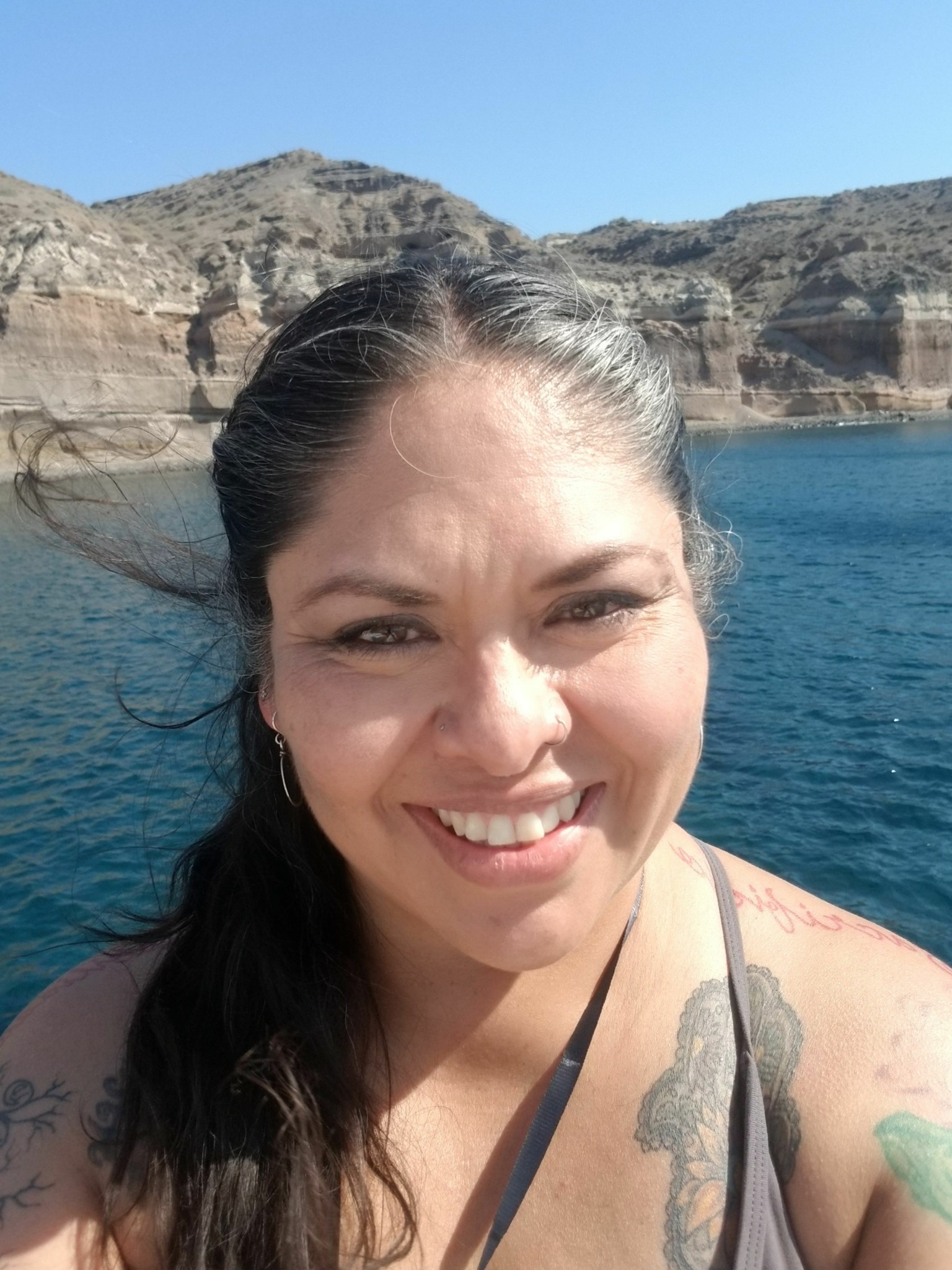
Image Credits
Two images were taken by Leslie M Radigan. The rest are I took on my travels in Greece, Italy, Spain, and Ireland.


